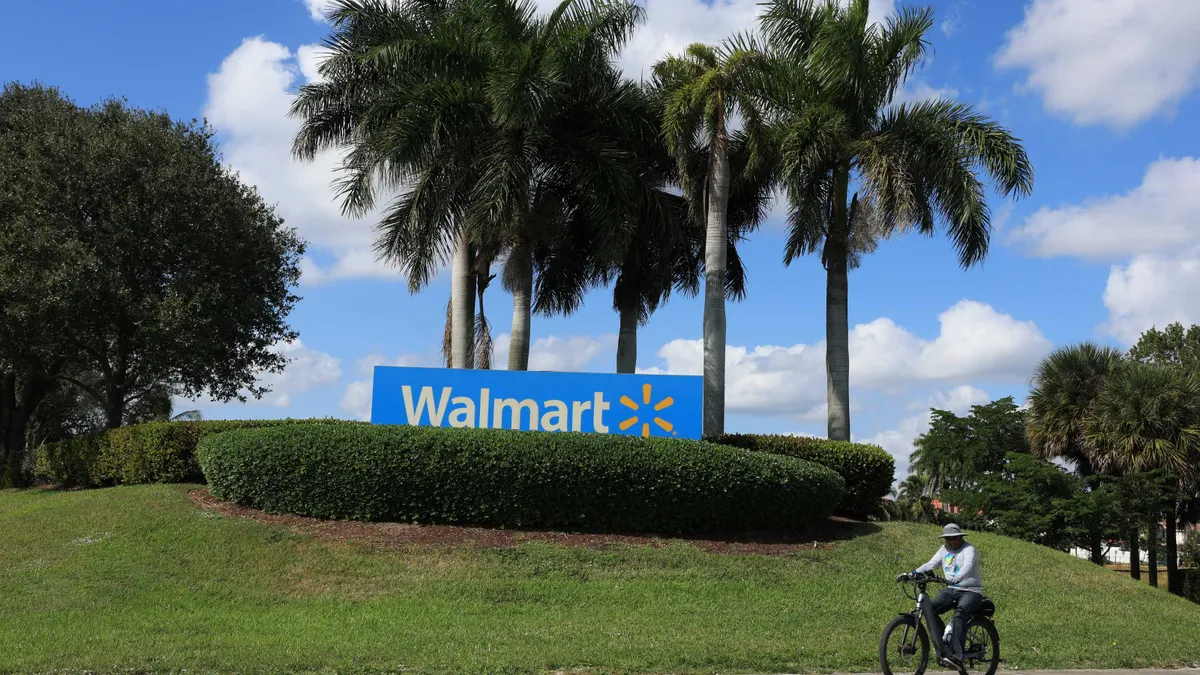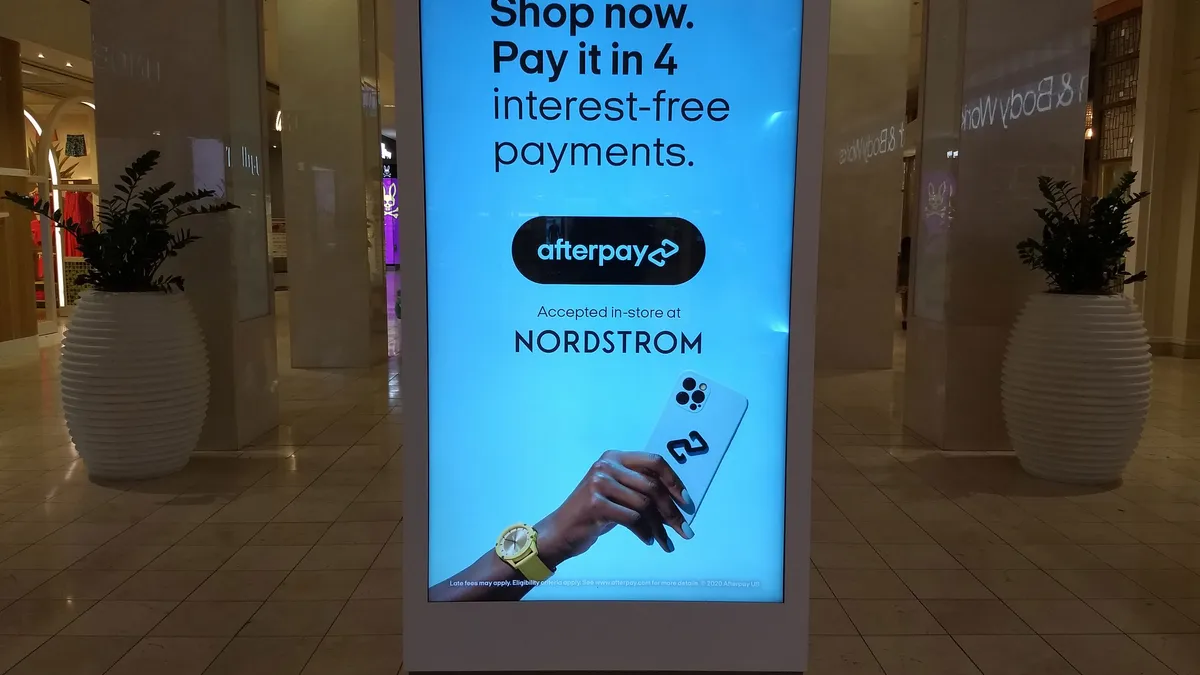Block’s merchant business Square apologized to its customers this week after a lengthy outage last week left its seller clients unable to process consumer payments.
During an outage that began the afternoon of Sept. 7 and extended until the morning of Sept. 8, Square sellers were unable to access their accounts or process payments while the outage occurred, the company said in posts on social media website X, formerly known as Twitter. Some Square merchants expressed frustration over the company’s handling of the situation and that they learned of the outage on X.
“We apologize for letting you down and for the length of time it took for us to get our systems back up and running,” Square said in a Monday post on its website. “We know this situation was made more difficult by our communication frequency and the delayed support response some of you experienced.”
The company, led by Silicon Valley entrepreneur Jack Dorsey, caters mainly to small and mid-size businesses. It cited a domain name system error as the reason for the extended outage.
“While making several standard changes to our internal network software, the combination of updates prevented our systems from properly communicating with each other, and ultimately caused the disruption,” the Square post said. “The issue also affected many of our internal tools for troubleshooting and support, making them temporarily unavailable.”
There was no evidence the event was cybersecurity-related or that merchant or consumer data was compromised, the company said.
San Francisco-based Block’s peer-to-peer payments business Cash App also experienced an outage last week, and the company also apologized in a separate online posting for the outage at that P2P business. It wasn’t clear how, or if, the two outages were linked.
Although the outage likely amounted to a loss of less than 1% of Square’s volume, the bigger question is how much customer churn Square will experience related to the outage, said Wolfe Research Analyst Darrin Peller. “It’s obviously more the question of just reputational damage,” Peller said.
Peller expects the outage could lead to 1-2% more customer churn than Square otherwise would have experienced in the current quarter. Square doesn’t report its merchant client numbers, although that attrition might be noticeable in a deceleration of gross payment volume, he added.
A Block spokesperson declined to comment on whether the company has lost customers or is bracing for customer attrition due to the outage.
Point-of-sale rival Shift4 jumped on the outage last week as an opportunity to lure customers, posting on X, “Tired of unexpected processing interruptions?” with the hashtags #squaredown and #squareoutage. Shift4 offered merchants a financial incentive to sign on for its services instead.
“There are definitely going to be some competitors that try to take advantage of this,” Peller said.
“Outages have occurred at many, if not most acquirers” including Global Payments/TSYS, Adyen, Stripe and Fiserv “and have resolved with relatively benign outcomes,” although they typically haven’t lasted as long as Square’s, Peller wrote in a Sept. 8 note to investor clients.
Small businesses generally don't have service-level agreements where, if there’s an outage, they have to be made whole from a financial standpoint, Peller said. Square may offer some incentives to larger merchants affected, however, he said. The Block spokesperson declined to comment on whether the company plans to compensate merchants for business lost during the outage.
“From our perspective, you have about a one quarter impact, and then merchants forget,” Peller said. “As long as it's not consistent and it doesn’t happen again, they forget.”
Still, one industry consultant said it could have a broader impact. As Square actively pursues larger merchants, the situation could be a drag on the business’s upmarket ambitions, said Cliff Gray, principal with Gray Consulting. “In the next six months, if you're an enterprise merchant looking to invest in modern POS, that's got to be a major yellow card, in any selection process,” Gray said.
Gray believes Square’s current customers may be upset for a period of time, but are unlikely to abandon Square because of it. Some bigger clients, however, may start thinking about other options down the road, he said.
To reduce the risk of a similar issue, Square said Monday it had deployed a new set of firewall and DNS server changes, expanded offline payment capabilities so merchants can still accept payments in offline mode, and put in place added operational measures. A Block spokesperson declined to provide more detail on those operational measures.
Cloud-based systems make redundancy much easier, Gray noted, calling the situation “an utter failure in system testing.”
“If it was as simple as they said — that it was just a DNS error — yikes,” he said. “With the scale of their deployments, the maturity of their software, and that they were hard down for as long as they were, wow.”





















